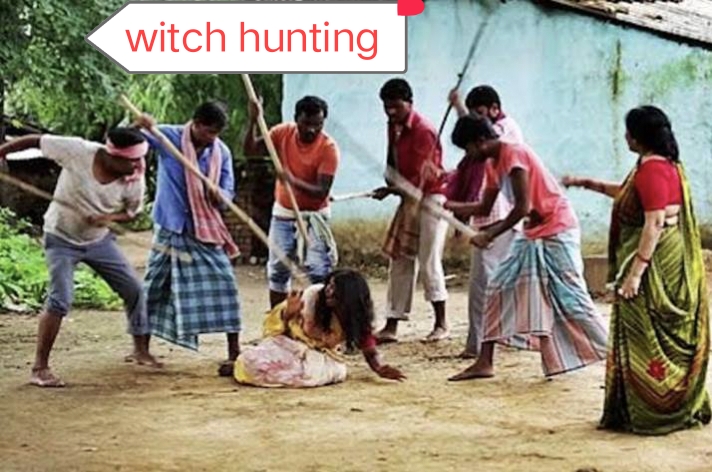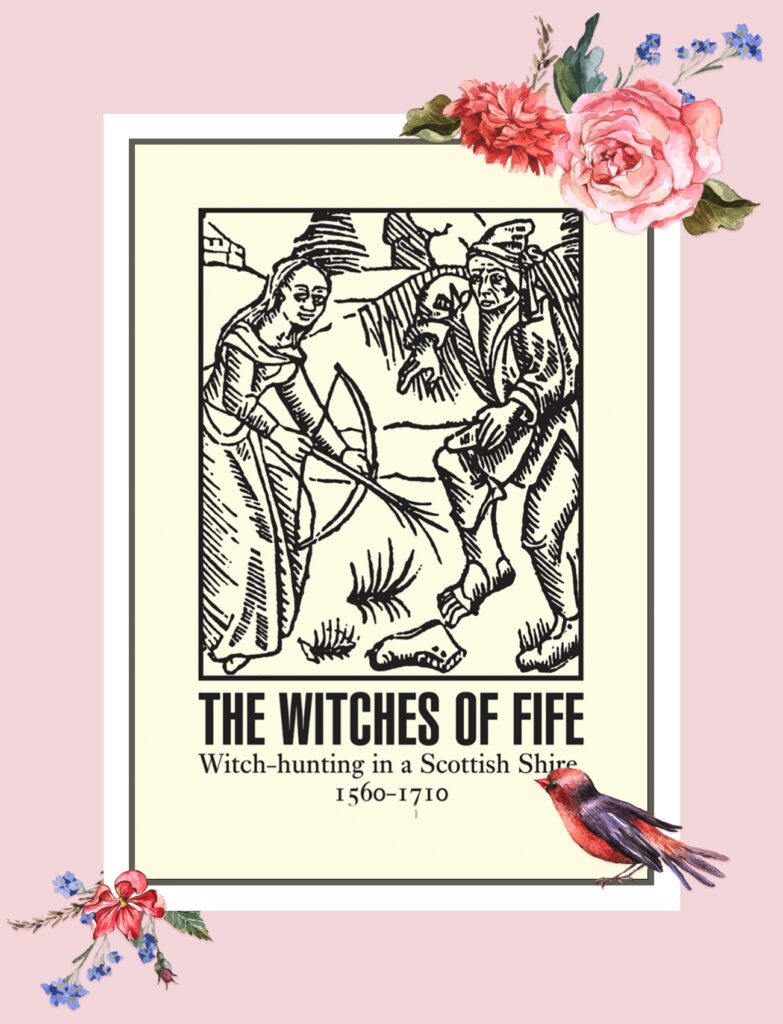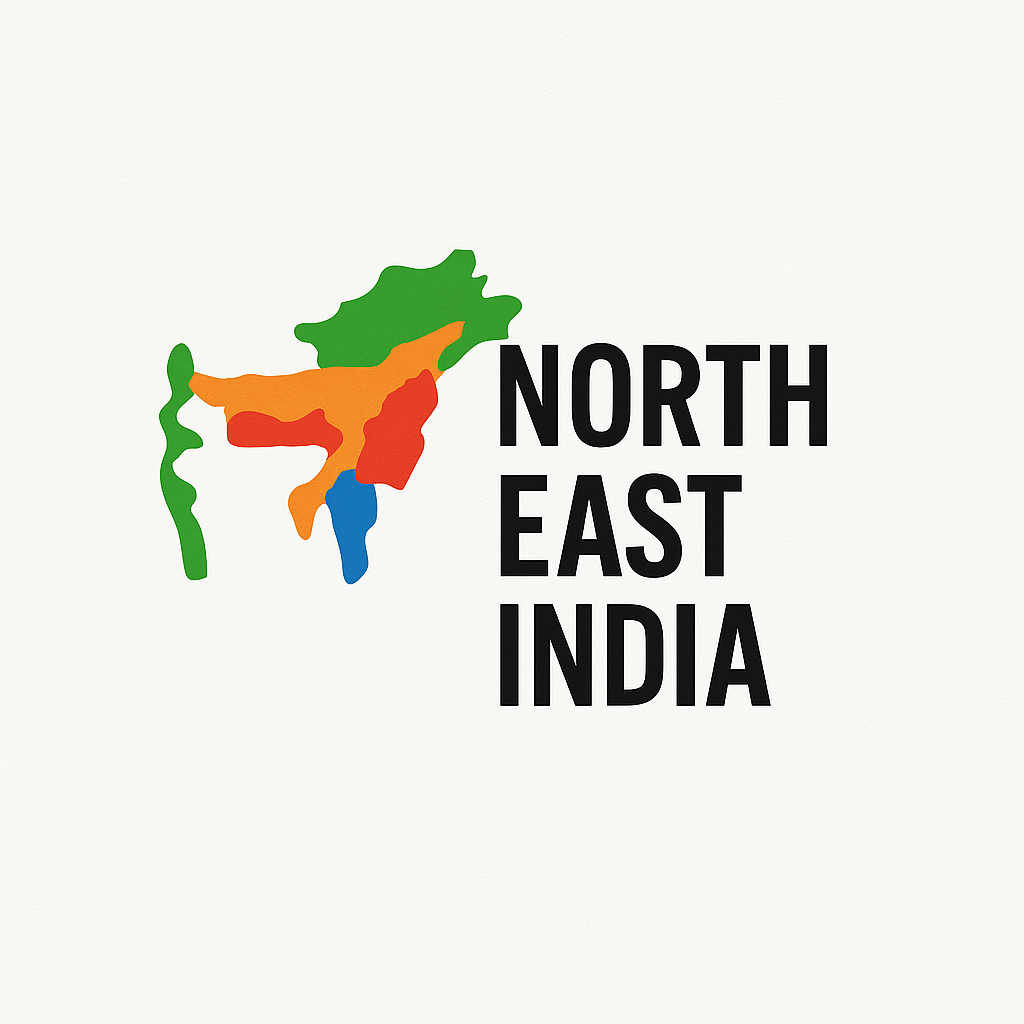
Introduction
Witch hunting, a term that evokes dark imagery of superstition-fueled violence, has plagued human society for centuries. Despite advancements in science and education, this dangerous practice continues to claim innocent lives, especially in tribal and rural regions of India, including Assam, Jharkhand, Odisha, and Chhattisgarh. This blog delves deep into the history of witch hunting, its psychological and social impact, and the ongoing fight against witch hunting in modern society.
1. The Historical Roots of Witch Hunting
European Origins of Witch Hunts
The practice of accusing people of witchcraft dates back to medieval Europe. Between the 15th and 18th centuries, tens of thousands of people, mostly women, were tortured and executed during witch trials in Germany, Scotland, England, and France. The infamous Salem Witch Trials of 1692 in the United States remain a grim reminder of how mass hysteria and religious fanaticism fueled deadly accusations.
Witch Hunting in India: A Cultural & Tribal Context
Though India does not share the same religious history as Europe, Witchcraft trials in India emerged from deep-rooted superstitions and patriarchal oppression. In many Indian tribal societies, illnesses, crop failures, or natural calamities were blamed on individuals—often women—branded as “witches.”
Assam Floods 2025: A Recurring Disaster or a Managed Calamity?
2. How Witch Hunting Manifests Today
Rural and Tribal Superstitions
In many tribal belts, local “ojhas” (witch doctors) or “baidya” claim supernatural powers. When misfortunes strike, they often name a woman or marginalized person as the cause, resulting in horrific acts of violence such as beatings, ostracization, or even murder.
States Affected by Witch Hunting in India
- Assam: Notorious for several high-profile Witchcraft trials cases, especially in Kokrajhar, Goalpara, and Sonitpur.
- Jharkhand: Accounts for one of the highest numbers of Witchcraft trials-related deaths.
- Odisha & Chhattisgarh: Regularly report cases despite anti-witch hunting legislation.
Modern Forms of Witch Hunting
In urban spaces, Witchcraft trials has transformed into social media bullying, public shaming, or character assassination under the guise of moral policing.
“Assam Tourism 2025: 10 Most Beautiful Places You Shouldn’t Miss”
3. The Psychological and Social Impact
Impact on Victims
- Physical Violence: Brutal killings, beatings, and rape.
- Social Isolation: Victims are banished from their communities, losing their homes, land, and livelihoods.
- Mental Trauma: Survivors face lifelong stigma and emotional scars.
Impact on Communities
- Breakdown of Social Trust: Communities become divided.
- Perpetuation of Ignorance: Superstitions thrive where education and healthcare are lacking.
4. Anti-Witch Hunting Laws and Legal Actions
National Legal Framework
The Indian Penal Code (IPC) contains provisions against murder and bodily harm, but specific anti-witch hunting laws are implemented at the state level:
State-Specific Laws
- Assam Witch Hunting (Prohibition, Prevention and Protection) Act, 2015: The most comprehensive anti-witch hunting law, criminalizing accusations of witchcraft.
- Jharkhand Witchcraft Prevention Act, 2001
- Odisha Prevention of Witch-Hunting Act, 2013
- Chhattisgarh Tonhi Pratadna Nivaran Act, 2005
Despite these laws, enforcement remains weak due to social resistance and lack of awareness.

5. Role of Education and Awareness in Combating Witch Hunting
NGO and Government Efforts
Organizations like Association for Social and Human Awareness (ASHA) and state-run awareness campaigns play critical roles in educating rural populations.
Grassroots Change Agents
Survivors, social workers, and local leaders act as change agents, educating communities about healthcare, mental illness, and scientific explanations for natural misfortunes.
6. Global Context of Witch Hunting
Witch hunting is not limited to India. Countries like Tanzania, Ghana, Papua New Guinea, and Saudi Arabia also witness cases of witchcraft-related violence, highlighting the global need to address superstitions with education and legal frameworks.
🌟 Hidden Wonders of Meghalaya: Exploring Uncharted Caves, Waterfalls & Villages in 2025
7. Media’s Role in Shaping Perceptions
Media coverage, both positive and negative, plays a vital role in either perpetuating stereotypes or fostering awareness. Responsible journalism, documentaries, and social media advocacy have spotlighted the plight of victims and pressured authorities to act.
8. The Fight Ahead: Solutions to Witch Hunting
Legal Reforms
- Stricter punishments for instigators and perpetrators.
- Fast-track courts for witch hunting cases.
- Special task forces to monitor remote areas.
Health and Infrastructure
- Improved access to healthcare to debunk superstitious beliefs around illness.
- Better agricultural support to prevent crop failure blame games.
Community Involvement
- Local leaders must publicly denounce witch hunting.
- Engage spiritual healers in educational programs to shift their role from superstitious agents to community health workers.
9. Witch Hunting in Assam: A Closer Look
Assam is among the states worst affected by Witchcraft trials. Several government-backed programs have been launched, yet cases still surface. The Assam Witch Hunting Act, 2015, criminalizes not just the act of violence but also the accusation itself. However, remote tribal regions still face challenges in eradicating these age-old practices.
NGOs and social activists in Assam are working tirelessly to bring healthcare, education, and legal aid to vulnerable communities.
10. The Way Forward
Integrating Scientific Education
Introducing science-based education in rural areas, especially emphasizing mental health and natural calamities, is key to eradicating these beliefs.
Women Empowerment
Supporting women’s economic independence through skill development programs will make them less vulnerable targets.
Collaboration between Government and NGOs
A united front is essential to create long-lasting change. Government schemes must actively collaborate with grassroots organizations to reach the most affected communities.
11. Birubala Rabha: The Torchbearer Against Witch Hunting in Assam
No discussion on witch hunting in India, particularly Assam, is complete without mentioning Birubala Rabha, a remarkable social activist and human rights defender. Born in the Goalpara district of Assam, Birubala’s personal life experiences and the tragedies faced by her community motivated her to take a bold stand against centuries-old superstitions.
Her Struggle and Activism
- In the 1980s, when a family member fell ill and was suspected of being under a witch’s spell, Birubala questioned the practice of blaming women for such misfortunes.
- She founded the Mission Birubala, an organization dedicated to fighting witch hunting, raising awareness in tribal villages, and educating communities about scientific causes of diseases and natural calamities.
- She traveled extensively across Assam’s remote areas, conducting awareness drives, confronting witch doctors (ojhas), and rescuing accused women from violent mobs.
Recognition and Awards
- Birubala Rabha’s courage and tireless activism have earned her numerous accolades:
- Padma Shri Award (2021): One of India’s highest civilian honors.
- Assam Government’s Women Achiever’s Award.
- Recognition from human rights organizations like Amnesty International and ActionAid India.
Legacy and Impact
Thanks to Birubala’s efforts, many villages in Assam have publicly pledged against witch hunting practices. Her advocacy also contributed to the passage of the Assam Witch Hunting (Prohibition, Prevention, and Protection) Act, 2015, which criminalizes both the accusation and violence related to witch hunting.
Birubala Rabha remains a symbol of grassroots activism and courage, inspiring the next generation to challenge harmful superstitions with empathy and education.
Conclusion: Ending the Darkness of Witch Hunting
Witch hunting is a dark stain on human society, blending ignorance, fear, and patriarchal control. While legislation and policing are necessary, the ultimate solution lies in transforming mindsets. Only through education, healthcare access, and continuous community engagement can we hope to eradicate witch hunting and uphold the dignity and rights of every individual.As we move further into 2025, let this year mark renewed efforts in combating superstition crimes and protecting the marginalized from such horrific violence
🌄 Plan Your Trip to Northeast India with Us!
Want to explore the untouched beauty of the Northeast?
From the misty mountains of Mizoram to the living root bridges of Meghalaya, and the cultural heart of Assam — we’ve got you covered!
✅ Personalized Travel Itinerary
✅ Local Guides & 24/7 Support
✅ Best Hotel & Homestay Options
✅ Group Tours & Solo Packages
✅ Affordable, Safe & Hassle-Free
📩 Contact us today and let’s start planning your dream trip!
📞 Call/WhatsApp: 8453980642
🧳 Book your Northeast adventure now – Discover places you’ve only dreamed of!
